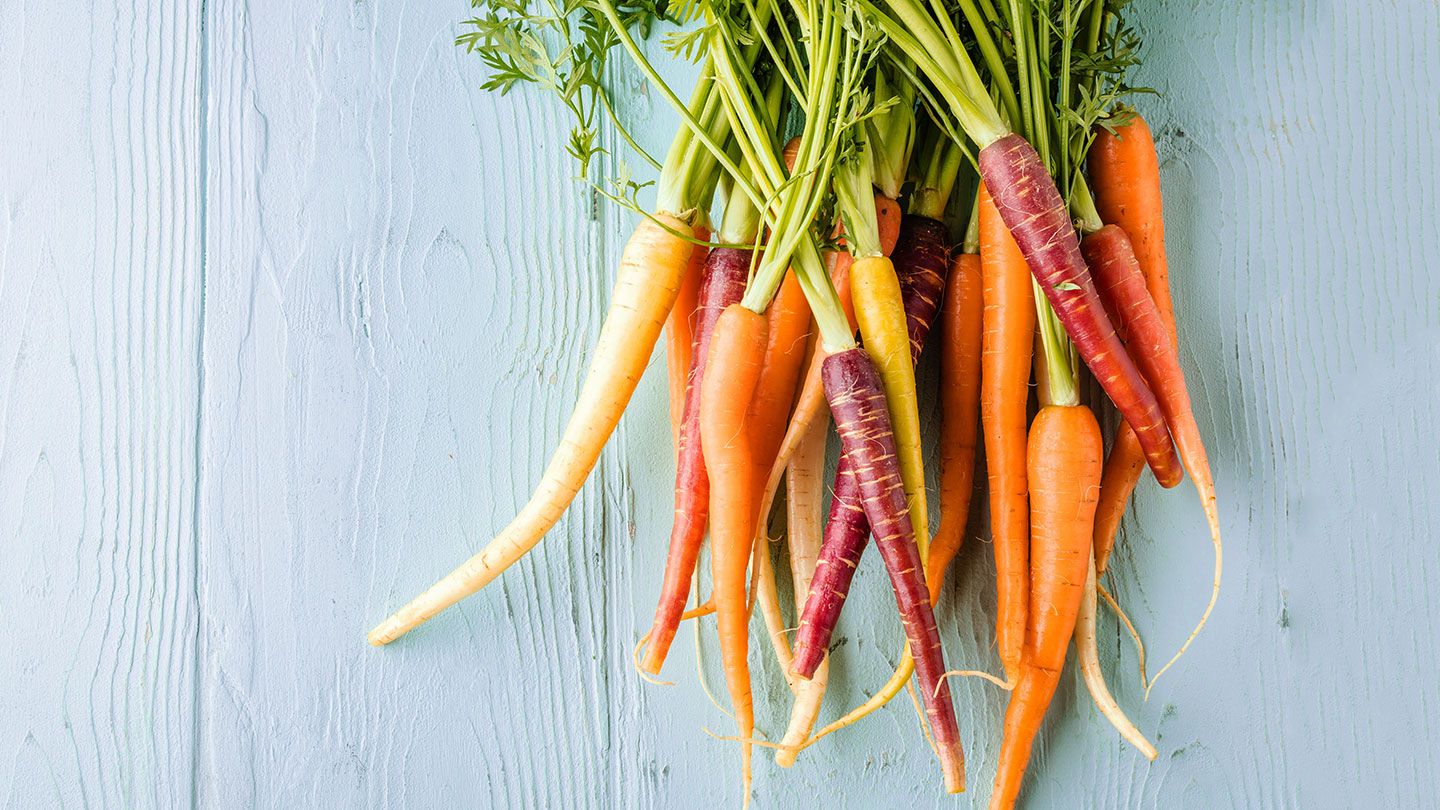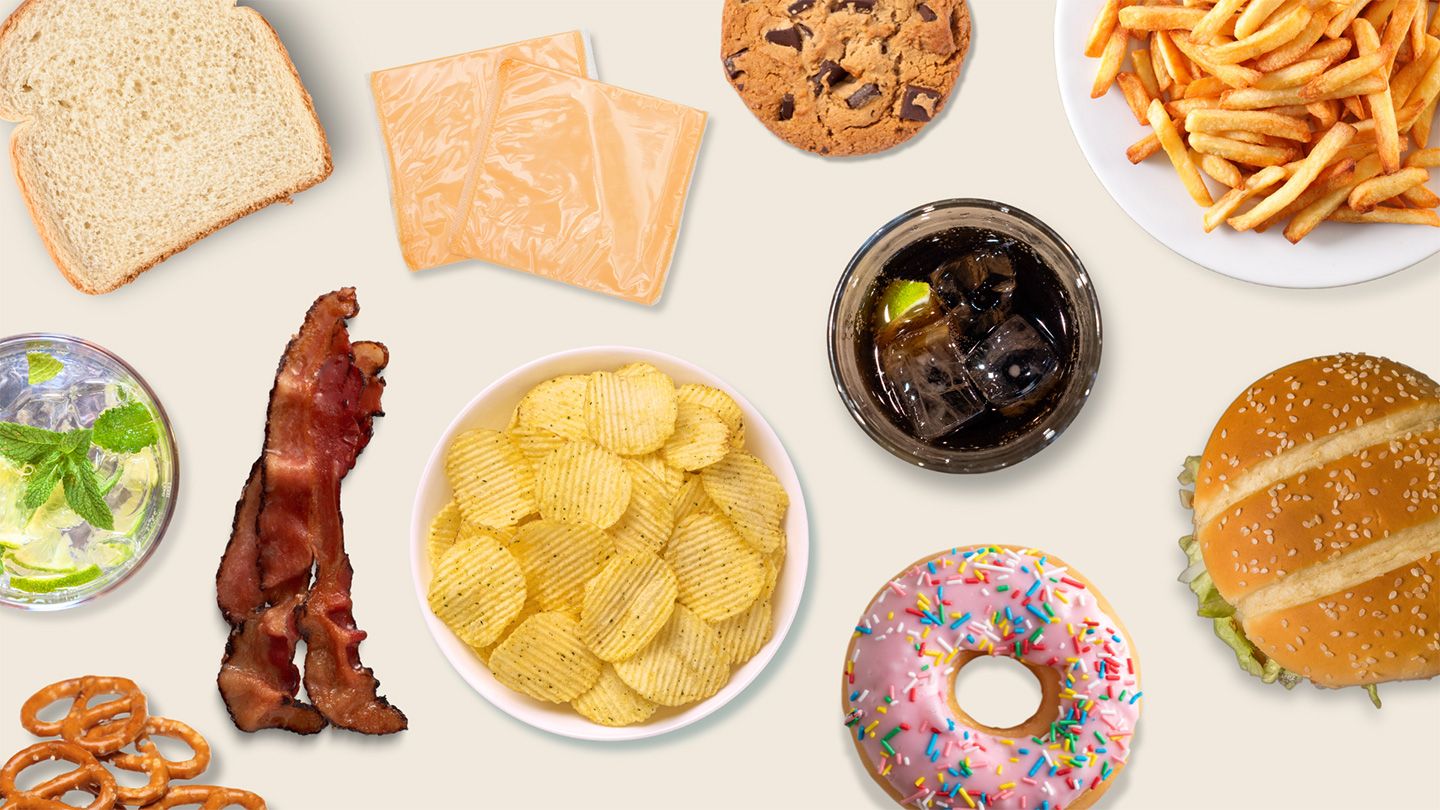The Nutritional Benefits of Peas and Carrots
Peas and carrots are nutritious vegetable side dishes that can boost your health. Both are low in calories and rich in vitamins, minerals, fiber and antioxidants. Understanding the nutritional value of peas and carrots can help you incorporate them into a healthy, well-balanced diet.
Nutrients in Peas
Peas are a highly nutritious legume loaded with vitamins, minerals, protein and fiber. Some of the top nutrients found in peas include:
- Protein - Peas contain plant-based protein to support muscle growth and development. Just 1 cup provides 8 grams of protein.
- Fiber - With 7 grams of fiber per cup, peas promote digestive and heart health.
- Vitamin A - This important vitamin for eye health comes from carotenoid antioxidants in peas.
- Vitamin C - Peas supply nearly 15% of your daily vitamin C needs to support immune function.
- Vitamin K - Necessary for proper blood clotting, peas deliver over 30% of the recommended daily vitamin K intake.
- Thiamin - Peas are a good source of this B vitamin that helps convert food into energy.
- Folate - Important for pregnancy and red blood cell health, peas provide 65 micrograms of folate per cup.
- Manganese - This trace mineral in peas aids bone health and metabolism.
- Iron - The iron content of peas helps transport oxygen through the body in red blood cells.
Health Benefits of Peas
The wide range of vitamins, minerals and antioxidants in peas offer many health benefits:
- Improve digestion - The fiber in peas promotes regularity and optimal digestion.
- Support heart health - Peas contain nutrients and fiber that support cardiovascular function.
- Regulate blood sugar - The protein and fiber in peas helps moderate blood sugar spikes.
- Lower cholesterol - Soluble fiber in peas can help lower unhealthy LDL cholesterol.
- Prevent cancer - Antioxidants in peas may stop cellular damage linked to cancer.
- Promote weight loss - Peas are low in calories and high in nutrient density to support weight management.
Nutrients in Carrots
Carrots are an excellent source of antioxidant vitamins, minerals and fiber. Here are some of the top nutrients found in carrots:
- Vitamin A - Carrots provide over 100% of the daily recommended intake of this vision-boosting vitamin.
- Vitamin K - Important for blood clotting, carrots deliver about 16% of your daily vitamin K needs.
- Vitamin C - This immune-strengthening vitamin provides 9% of the RDI in a 1-cup serving of carrots.
- Potassium - Carrots are a good source of potassium, which is key for heart function and muscle control.
- Fiber - A single cup of carrots offers 3 grams of digestive-regulating fiber.
- Biotin - Also known as vitamin B7, biotin benefits skin, hair and metabolism.
- Molybdenum - This trace mineral in carrots aids in toxin removal from the body.
Health Benefits of Carrots
Some of the top ways carrots enhance health include:
- Improve vision - Carrots help prevent eye damage and vision loss thanks to high vitamin A content.
- Lower cholesterol - Soluble fiber in carrots binds to bile acids to help reduce unhealthy LDL cholesterol levels.
- Protect skin - Vitamin A and antioxidants in carrots guard against sun damage and promote healthy skin.
- Reduce inflammation - Carotenoids in carrots exhibit powerful anti-inflammatory capabilities.
- Boost immunity - Antioxidant vitamins C and E stimulate the immune system and fight infection.
- Promote heart health - Potassium, fiber and antioxidants in carrots support cardiovascular wellness.
- Aid detoxification - Carrots increase bile production and elimination of toxins from the liver.
- Improve digestion - The fiber content of carrots relieves constipation and improves regularity.
Adding Peas and Carrots to Your Diet
Peas and carrots make nutritious additions to a balanced diet. Enjoy them in a variety of ways:
- Steam or saute peas and carrots as a side dish.
- Add them to stir fries, pasta dishes, salads, soups or stews.
- Puree cooked peas and carrots into a nourishing baby food or smoothie.
- Roast carrot sticks and peas with olive oil, salt and pepper for a snack.
- Blend peas into hummus or pesto for a nutrition boost.
Selecting and Storing Peas and Carrots
When buying fresh peas and carrots, look for:
- Peas - Firm, supple pods without spots or blemishes.
- Carrots - Smooth, firm carrots without cracks, mushy spots or green discoloration.
For storage:
- Refrigerate fresh peas and carrots in perforated plastic bags.
- Use frozen peas and carrots within 8-12 months for best quality.
- Keep canned varieties in a cool, dry pantry up to a year.
Peas and Carrots: Simple, Nutritious Veggies
Peas and carrots both provide a powerhouse of vitamins, minerals and antioxidants for robust health. Enjoy the complementary flavors and textures of peas and carrots in numerous dishes.
Adding these nutritious veggies to your diet helps increase your intake of fiber, vitamin A, vitamin C, vitamin K and more. Support heart health, digestion, vision, immunity and beyond by including peas and carrots at your meals.
FAQs
What vitamins and minerals are found in peas?
Some of the main vitamins and minerals provided by peas include vitamin A, vitamin C, vitamin K, folate, thiamin, manganese, and iron. Peas also contain protein and fiber.
What are some of the top nutrients found in carrots?
Carrots are an excellent source of vitamin A, vitamin K, vitamin C, potassium, fiber, biotin, and molybdenum. They contain high levels of antioxidant carotenoids.
How can you incorporate more peas into your diet?
You can add peas to pasta dishes, salads, stir-fries, soups, and stews. Puree cooked peas into hummus, pesto, smoothies or baby food. Roast peas with olive oil and herbs for a crispy snack.
What are signs of fresh, high-quality peas and carrots?
Look for firm, supple pea pods without blemishes. Carrots should be smooth, firm, and without cracks, spots or mushy areas. Avoid peas and carrots that appear dried out or wilted.
Disclaimer: This article is for informational purposes only and does not constitute medical advice. Always consult with a healthcare professional before starting any new treatment regimen.
Related Coverage
Learn about the carb count in raw and cooked yellow squash. Get tips for preparing and cooking yellow squash on keto, along with delicious low-carb recipe ideas....
Find out the carb count of raw and cooked yellow squash. Learn how yellow squash fits into a low-carb or keto diet along with best cooking methods....
Honey contains carbs so is not keto-friendly, but raw honey has some benefits. Learn whether you can eat small amounts of honey on keto and the best sweetener alternatives....
Learn which fruits are lowest in calories and the healthiest for weight loss or maintenance. Discover proper portion sizes and the benefits of low calorie fruits....
If you've stopped eating meat and noticed your period is late, the dietary change may be temporarily impacting hormones. Learn why this happens and how to get your cycle back on track....
Want to eat carrot sticks on keto but unsure of the net carb counts? Learn how to incorporate low glycemic root vegetables like carrots into a ketogenic diet successfully....
Learn how the Atkins and ketogenic diets compare in terms of phases, carbs, weight loss results, health impacts, sustainability, and which diet may be best for you....
With its high sugar content, honey is not the best choice for keto. But in moderation, raw honey may offer some benefits for a low-carb lifestyle....
Seeking the tastiest spiked seltzers that fit into ketogenic eating? Reviews of leading brands like White Claw, Truly, High Noon and Bud Light to enjoy while limiting carbs....
Discover the top 15 high-carb deli foods to avoid on keto, like bread, pasta salads, sugary drinks, and more. Get tips for low-carb swaps you can order instead....









